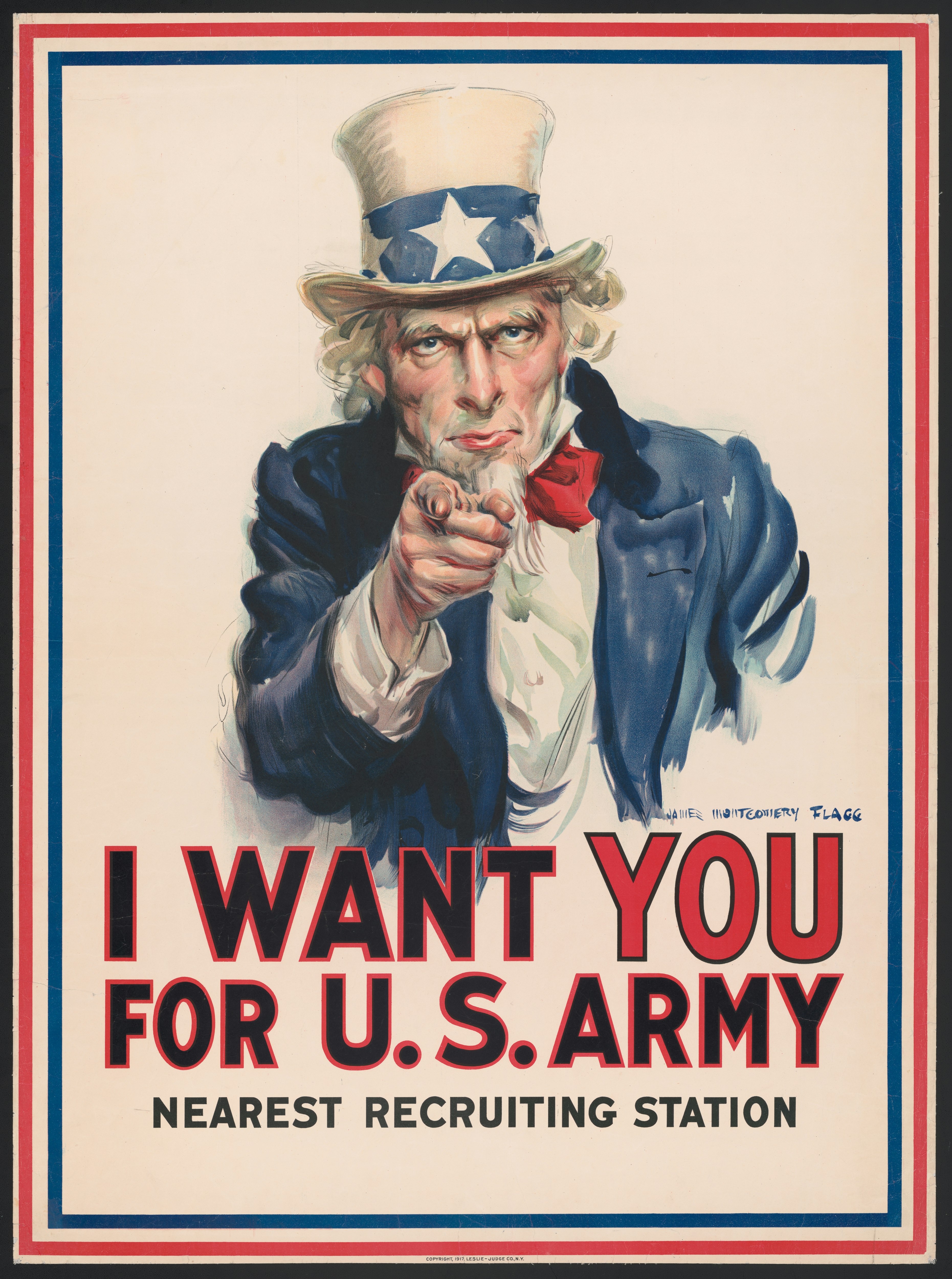- It saves time
Recruiters are busy people. As such, none of their time should be wasted. In that regard, the more the tedious and time-consuming tasks that can be automated, the better. This is where AI comes in. With AI-driven chatbots, mundane tasks such as asking specific questions can be automated. Simple candidate questions, interview scheduling, and applicant screening can also benefit from this. Recruiters can only do tasks that are necessary and important.
- Expanding and contextualizing talent pool
Recruiters’ talent pool has for long been limited, and recruiters have been forced to select their candidates from this limited pool. With the manual approach to recruiting, sourcing takes a long time to sift through hundreds or thousands of resumes and job applications. However, the unparalleled nature of AI in rapidly sifting through millions of data points allows recruiters to identify high-potential candidates quickly. This technology enables recruiters to tap into a wider pool of talent and source candidates from online career boards, agency databases, and social media platforms.
- Reducing bias
The recruitment process has traditionally been characterized by bias. However, a proper recruitment process that intends to find suitable candidates should not be clouded by bias. Luckily, some AI-based applications can reduce bias during recruitment. One such example is Textio, an augmented writing technology that uses predictive analytics to calculate a candidate's likelihood to succeed in a particular role. This allows recruiters to hire a person based on their qualifications instead of making their decisions based on how they see or feel about them.
- Increasing employee engagement
Over the years, chatbots have rapidly entered businesses. They have proven their potential to enhance relationships between businesses and consumers and are now in the recruitment arena. Mya, an AI-powered recruiting platform, automates up to more than 70% of the recruitment processes by answering the questions of the candidates, verifying qualifications, and updating applications during the hiring process. The applicants using this platform have been shown to be satisfied with the recruitment process and are up to three times more likely to hear back from the recruiter or hiring manager. AI has the ability to engage candidates and help recruiters personalize the value propositions (EVPs) of the employees. Through AI, organizations can analyze millions of data points and gather insights into a candidate's personality. This enables them to create a compelling, personalized EVP and consequently engage them in a new way. AI can also be a game-changer in empowering recruiters to reach new and productive candidates in terms of engaging them in ways never seen before.
While AI is not necessarily a silver bullet, it promises to change many aspects of recruitment and human resource in general. As such, it cannot be adopted in a black-box kind of approach. Rather, AI-powered recruiting technologies should be evaluated constantly. Further, these technologies should only be used in the first stages of recruitment. This will ensure that the closing stages where human interaction is necessary are not adversely affected by technology.












